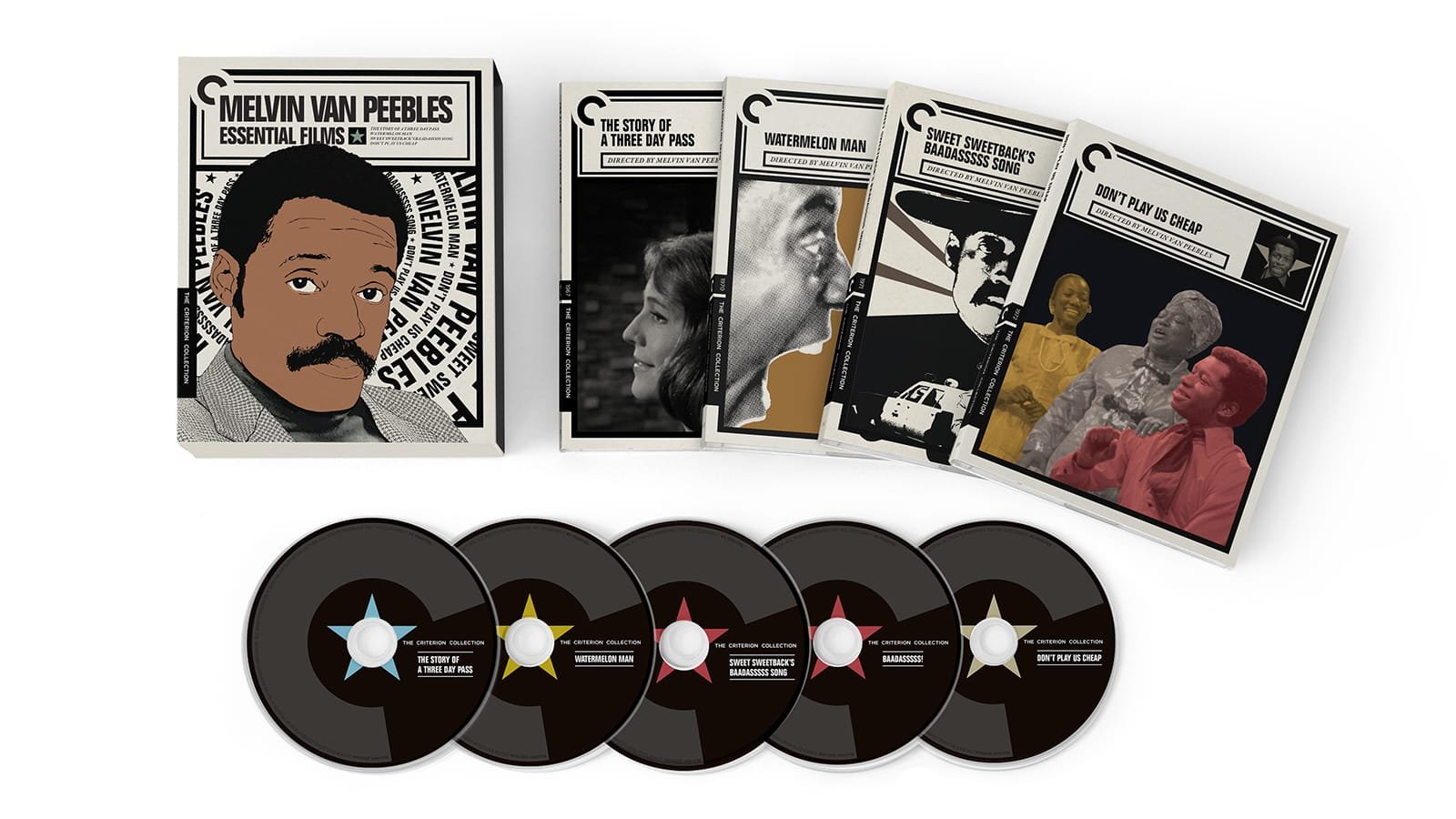Paying Melvin Van Peebles His Due: Revisiting the Black Filmmaking Pioneer’s Bittersweet and Iconoclastic Career (Preview)
by Craigh Barboza
Melvin Van Peebles, 1968.
If you’re a Black person in the arts, paying any attention, there are certain people who don’t get by you, and Melvin Van Peebles is one of them. His films—which include the jazz-infused romance The Story of a Three Day Pass (1967) and the subversive comedy Watermelon Man (1970)—were audacious in their approach to subject matter, packed with artistically freewheeling pleasures, and defined a new Black aesthetic that would be picked up by later filmmakers Wendell B. Harris, Reginald Hudlin, and Robert Townsend. Spike Lee is, of course, the heir apparent. He shares Van Peebles’s technical prowess, love for the Black community, and genius for self-invention and self-promotion.
Like others, I had the huge pleasure of discovering Van Peebles in college when I became interested in learning more about the history of cinema and would often visit the famed New York City video store Kim’s, which catered to film buffs, to snap up titles for weekly deep dives on auteurs. Van Peebles was then the only African American director with his own section of VHS tapes. Only later did I realize that Lee’s film companion books and branded gear were methods Van Peebles originated more than a decade earlier to build buzz around his movies.
Courtesy of Photofest.
Van Peebles, who died last September at the age of eighty-nine, made a handful of movies, most of which drew mixed reviews and raised eyebrows. But there are lots of cinephiles (myself included) and filmmakers, several of whom spoke to me for this article, who consider Van Peebles one of the most important film artists in history, a champion of American independent cinema, and the quintessential do-it-yourself artist–entrepreneur.
“He was one of our heroes,” said Ernest Dickerson, who got his start as a cinematographer on early Lee classics such as She’s Gotta Have It (1986) and Do the Right Thing (1989), before going on to direct his own film and television projects. “Getting a movie made is one of the hardest things in the world to do and particularly early in his career he wasn’t going to let anybody stop him. He did it, by any means necessary.”
Melvin Van Peebles: Essential Films (The Criterion Collection).
Van Peebles grew up in the age of Hollywood films such as Gone With the Wind (1939), Dixie (1943), and Song of the South (1946) and became a filmmaker in his twenties partly out of a conviction that movies were corrupting Black minds. “I was tired of taking the Man’s crap and of having him define who we were to us,” he wrote in his book, A Guerilla Filmmaking Manifesto, published in 1971. “Sick and tired of watching the parade of jigaboos, valets and tap-dancing cooks on the big screen, I felt we had the right to define who we were to ourselves. I am most proud of the fact that I decided to do something about it.” Using his prodigious, largely self-taught talents, he led an attack on the entrenched racism in Hollywood and went on to demonstrate that not only could he deliver hip, culturally relevant movies —direct-marketing them to urban Black audiences through soundtracks and grass-roots promotional campaigns—but also that he could beat the studio system at its own game.
To read the complete review, click here so that you may order either a subscription to begin with our Spring 2022 issue, or order a copy of this issue.
Copyright © 2022 by Cineaste Magazine
Cineaste, Vol. XLVII, No. 2

